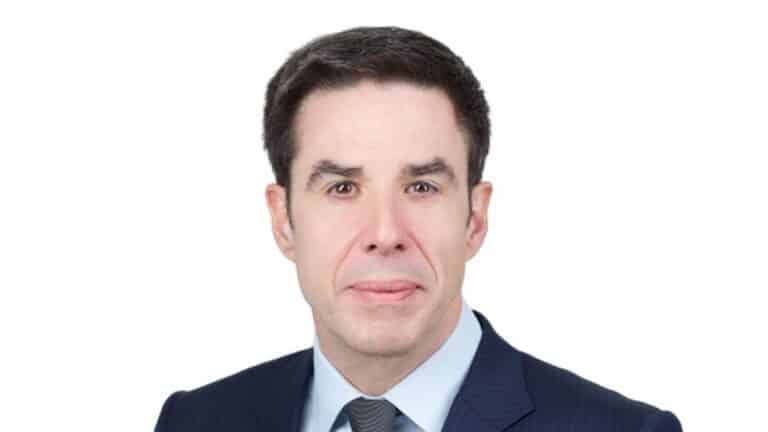Could a strategic lithium reserve kickstart US supply chain development?
NEW YORK -- A strategic lithium reserve is being mooted as a solution to stabilize volatile prices that have hindered American mining projects, allowi
Current Access Level “I” – ID Only: CUID holders, alumni, and approved guests only
Even as prices decline, the tight oil market is once again raising economic and political worries in Washington.
In July, President Biden traveled to the Middle East to meet with several Arab leaders – including Saudi Arabia’s King and Crown Prince Mohammed bin Salman. Expanding oil supply was high on the list of the administration’s diplomatic objectives.
Saudi Arabia says it has limited ability to add extra oil to the market, and it’s not clear whether OPEC+ countries agree on a path forward for oil output. All of this comes at a time of enormous uncertainty in the global outlook for oil, due to fears of a recession and concerns over Russian supply.
Now all eyes are on OPEC+ in early August. Will Biden’s overtures have any consequential impact on production?
This week, host Jason Bordoff sits down with Dr. Karen Young and Bob McNally to discuss what’s next for oil markets.
Dr. Young is the newest Senior Research Scholar at the Columbia University Center on Global Energy Policy. She was a Senior Fellow and Founding Director of the Program on Economics and Energy at the Middle East Institute.
Bob McNally is a Non-Resident Fellow at the Center on Global Energy Policy. He’s the author of Crude Volatility: The History and the Future of Boom-Bust Oil Prices, published by Columbia University Press. In his full-time capacity he is the founder and President of Rapidan Energy Group, an independent energy consulting and market advisory firm based in the Washington DC area.
In the wake of Biden’s controversial trip to the Middle East, Jason spoke with Karen and Bob about what it tells us about the state of the global oil market in the months ahead.
Over the past week, President Trump has intensified pressure on Venezuelan president Nicolás Maduro by targeting the regime’s economic lifeline—oil. The United States has seized two oil tankers...

If it seems like you're hearing a lot more about geothermal energy lately, that's because this clean, firm energy source is at a technological turning point. With roots...

Investment in clean energy technologies is on course to hit a record $2.2 trillion this year, according to the International Energy Agency. That’s more than twice the amount...

The national conversation around climate change is shifting. There’s more focus on energy affordability and demand, as well as on the dual role artificial intelligence plays as both...

President Donald Trump’s impulsive, go-it-alone approach is uniquely ill-suited to the long-term and cross-cutting nature of the challenge that China poses.

As the host of COP30, Brazil has an unprecedented platform to demonstrate its climate leadership.

The global clean energy economy today looks starkly different than it did even 10 years ago. Not only have production and deployment of clean energy technologies expanded significantly, the geographic distribution of clean energy manufacturers, resellers, and end-users has shifted dramatically.

Throughout much of the modern era, limiting or disrupting the flow of energy was a highly effective tool of global power.
